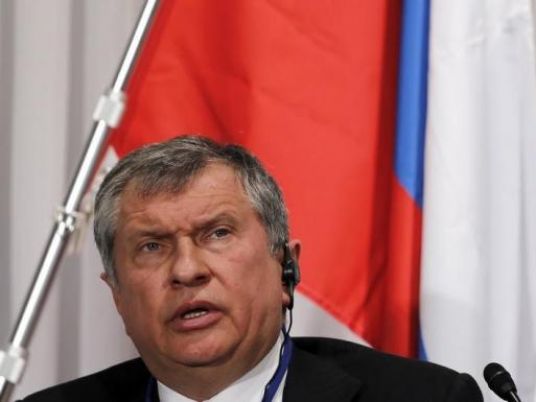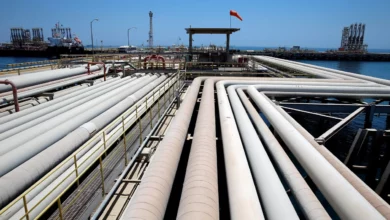
Russia's most powerful oil official, Igor Sechin, was due in Vienna on Tuesday for talks with OPEC members as the group's leader Saudi Arabia kept the market guessing about its response to flagging oil prices.
Sechin, the head of state oil company Rosneft and a close ally of Russian President Vladimir Putin, is expected to meet OPEC officials amid hints from Moscow that Russia could cut output or exports if the producer group does the same.
Oil prices have fallen 30 percent since June to below $80 per barrel as a global oil glut has built up on the back of a U.S. shale boom and lower global demand because of slower economic growth in China and Europe.
Current prices are far below what most OPEC members and rival producers such as Russia need to balance their budgets.
Oil market watchers are divided on the outcome of the meeting in Vienna. Predictions range from a large OPEC production cut to revive prices, to a small reduction, or none at all.
Some analysts say an OPEC cut of as much as 1.5 million barrels per day (bpd) is needed to support oil prices and avoid a glut aggravating in the first half of 2015.
However, Saudi Arabia has kept the market guessing in recent weeks about its intentions.
Diplomatic and market sources say Saudi officials told briefings in recent months that the kingdom, with its large currency reserves, was prepared to withstand oil prices as low as $70-$80 per barrel for up to a year.
When veteran Saudi Oil Minister Ali al-Naimi spoke earlier this month after weeks of silence, he said Riyadh's desire for stable markets had not changed but gave no clue about his potential response.
In Vienna on Monday and Tuesday, Naimi brushed off reporters' questions about oil prices and surplus supplies.
OPEC meets on Thursday.
Russia's Kommersant newspaper cited sources on Monday as saying Russia might suggest cutting its oil production by around 300,000 bpd from next year and that Moscow expected OPEC to limit its output by another 1.4 million bpd.
If Russia were to agree to cut production, it would effectively side with OPEC hawks such as Venezuela, which have been putting pressure on Saudi Arabia to reduce supplies.
Industry players are sceptical, however, that Russia may do anything significant to shore up prices.
Moscow's relations with OPEC were soured by its pledge to cut output in tandem with OPEC in the early 2000s — Russia failed to follow through, and raised exports instead.




